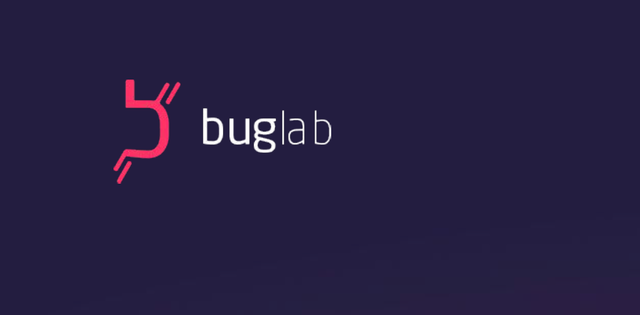BUGLAB - Cybersecurity Penetration Testing on the Ethereum Blockchain

What is Buglab?
Buglab is an Ethereum-based platform that connects companies with a global network of expert cybersecurity researchers.
At the center of the ecosystem, there are two programs: first is the Buglab contest and second - Vigilante Protocol. These programs will be helping companies all over the world to discover and fix vulnerabilities on their digital solutions or assets.
Buglab is going to offer a unique, competitive, incentivized, and easy-to-use platform, which will assist companies, whether in IT, financial services, or in retail, to identify and mitigate cybersecurity gaps they may not (but should) know about.
Buglabs Features
- Public Contest
The community receives a public invitation to participate, once a company has provided basic information and launched the contest. - Private Contest
Clients have the option to choose a select number of pentesters from the community or choose a validated team from a known cybersecurity firm to complete the challenge. - Selection Filters
Clients have the option during a private challenge of selecting pentesters using different filters. These include country, score, skillset, etc. - Triage System
The customer is guaranteed to only get notified about relevant submissions, because vulnerabilities reported go through sorting system to identify duplicates before landing on the customer’s dashboard. - Reports
The company receives reporting on its security contests. This feature summarizes each contest’s performance and allows the client to graphically compare the security status and progress of its assets. - Client-Managed
The company can choose from three types of contest management (Basic, Pro, and Enterprise). In the case of the latter, the client is responsible for sorting, classifying and grading reports. - Mediation
When a customer opts to manage their challenge themselves, a pentester from the community can ask for mediation from Buglab. This mediation may be required in the event that a pentester deems the score or validation to be inaccurate. A Buglab team can obtain details regarding the cause of the disagreement and evaluate it impartially. - Leaderboard
To provide greater visibility for the best pentesters and make it easier to select participants for a private challenge, Buglab is creating a dashboard that offers ranking of pentesters from the community according to experience and results on the platform. - Chat
Every vulnerability report is a chance to engage in conversation with pentesters and to obtain their help fixing it. - Fix Companion
At the Enterprise level, Buglab will verify that the fix has been implemented.
Roadmap



Why Buglab has a high chances to succeed?
By offering contests, Buglab caps user costs by charging a fixed price that features a money-back guarantee in the event of no vulnerabilities detected. Within the challenge or contest framework, community pentesters act independently (though on the same project) to find and expose security flaws. Consequently, they are able to discover a large number of vulnerabilities in a short amount of time. It’s an efficient model for uncovering cyber threats.
With its scoring system, Buglab incentivizes each researcher to be the first to uncover the maximum number of significant vulnerabilities, and to obtain the highest score, based upon a grade attributed to each. This type of scoring system encourages the community to act in a manner that is effective, thorough, and efficient. Recommendations made by researchers to mitigate vulnerabilities are also communicated to the client.
Team

Useful links
Website : https://buglab.io/
Whitepaper : https://buglab.io/assets/docs/Buglab_WhitePaper.pdf
Twitter : https://twitter.com/joinbuglab
Facebook : https://www.facebook.com/buglab.co
Telegram : https://t.me/buglab
Reddit : https://www.reddit.com/r/buglabProject/
Author: @fvafhae
Bitcointalk(Fvafhae_): https://bitcointalk.org/index.php?action=profile;u=1461409
Hi! I am a robot. I just upvoted you! I found similar content that readers might be interested in:
https://buglab.io/assets/docs/Buglab_WhitePaper.pdf